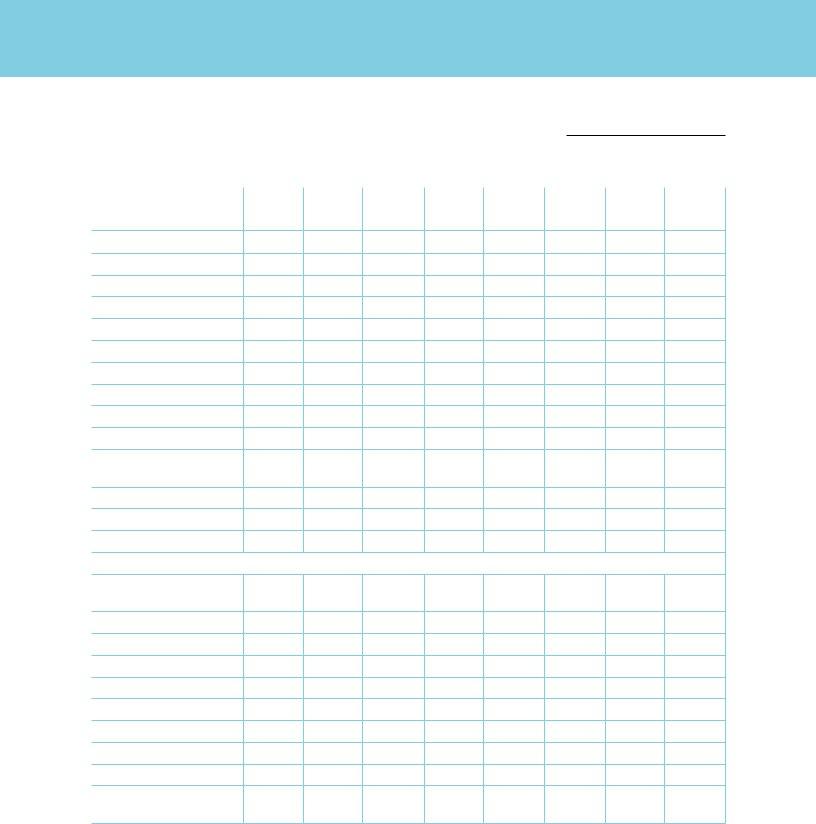Navigating the complexities of mental health assessments requires tools that are both comprehensive and efficient. The Brief Psychiatric Rating Scale (BPRS) form embodies these qualities, offering a structured approach to evaluating a wide array of psychiatric symptoms. This form, marked as version 4.0, has been carefully adapted with permission from the Manual for the Expanded Brief Psychiatric Rating Scale, developed at the UCLA Clinical Research Center for Schizophrenia & Psychiatric Rehabilitation. Through a detailed yet concise rating system, the BPRS guides clinicians in assessing symptoms ranging from somatic concern and anxiety to more severe manifestations like suicidality and hallucinations, based on both the patient's self-report and observed behavior during the interview. Furthermore, it extends its evaluation to include aspects of conceptual disorganization, emotional withdrawal, and other critical behavioral observations. The form implies a dialog between the clinician and multiple sources of information, such as the patient, relatives, other mental health professionals, and chart reviews, to ensure a holistic view of the patient's condition. This multidimensional assessment approach is underscored by a section for the evaluator to rate their confidence in the assessment and to note any factors that might question the validity of the results, such as drug-induced symptoms or the patient's uncooperativeness. This thoughtful structuring not only enhances the reliability of the diagnostic process but also enriches the understanding of the patient's mental health status, paving the way for informed and effective treatment plans.
| Question | Answer |
|---|---|
| Form Name | Brief Psychiatric Rating Scale Form |
| Form Length | 1 pages |
| Fillable? | No |
| Fillable fields | 0 |
| Avg. time to fill out | 15 sec |
| Other names | brief psychiatric rating scale pdf, bprs full form, bprs scale, brief psychiatric rating scale form |

Brief Psychiatric Rating Scale (BPRS)
(Version 4.0)
PATIENT NAME: |
|
DATE: |
|
|
|
Rate items 1 through 14 on the basis of patient’s
Provide examples. |
|
|
|
|
|
|
|
|
|
NA |
1 |
2 |
3 |
4 |
5 |
6 |
7 |
||
|
|||||||||
|
Not |
Not |
Very |
Mild |
Moderate |
Moderately |
Severe |
Extremely |
|
|
Assessed |
Present |
Mild |
|
|
Severe |
|
Severe |
1.Somatic Concern
2.Anxiety
3.Depression
4.Suicidality
5.Guilt
6.Hostility
7.Elevated Mood
8.Grandiosity
9.Suspiciousness
10.Hallucinations
11.Unusual Thought Content
12.Bizarre Behavior
13.
14.Disorientation
Rate items 15 through 24 on the basis of patient’s observed behavior or speech during the interview.
15.Conceptual Disorganization
16. Blunted Affect
17.Emotional Withdrawal
18.Motor Retardation
19.Tension
20.Uncooperativeness
21.Excitement
22.Distractibility
23.Motor Hyperactivity
24.Mannerisms and Posturing
Sources of information (check all applicable):
_____ Patient
_____ Parents/relatives
_____ Mental health professional
_____ Chart
Confidence in assessment:
_____ 1 = not at all — 5 = very confident
Explain here if validity is questionable:
_____ Symptoms possibly drug induced
_____ Underreported due to lack of rapport
_____ Underreported due to negative symptoms
_____ Patient uncooperative
_____ Difficult to assess due to formal thought disorder
_____ Other ______________________________
Adapted with permission from Manual for Expanded Brief Psychiatric Rating Scale (Expanded Version) developed at the UCLA Clinical Research Center for Schizophrenia & Psychiatric Rehabilitation, Robert Paul Liberman, MD (Principal Investigator) and published in Ventura J, Lukoff D, Nuechterlein KH, Liberman RP, Green MF, Shaner A. Training and quality assurance with the Brief Psychiatric Rating Scale. Int J Methods Psychiatr Res.